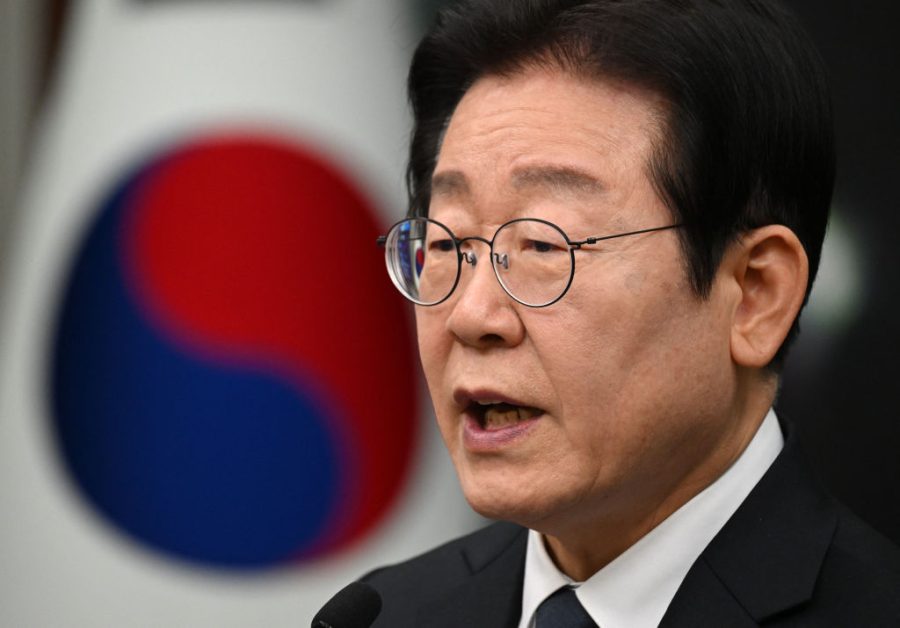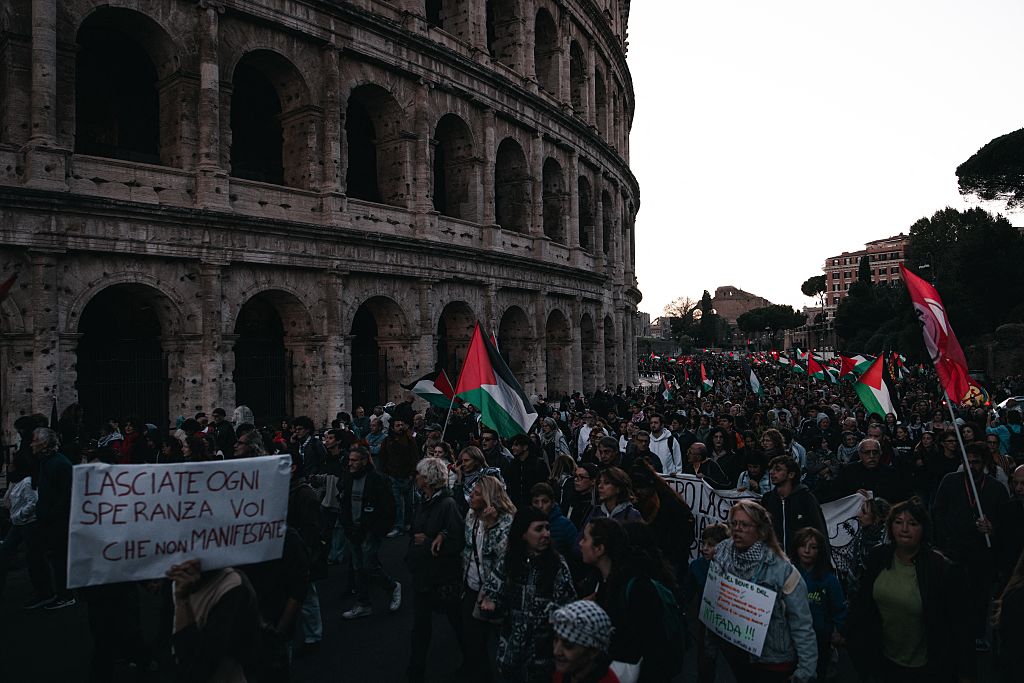Over 100 days since his impeachment trial commenced, South Korea’s President Yoon Suk Yeol was unanimously voted out by the country’s constitutional court earlier today. This is the man whose presidency will be remembered for his infamous declaration of martial law on 3 December last year.
For his detractors, today is a jubilant occasion and a day of celebration. For Yoon’s supporters, however, the court’s verdict predictably was a moment of melancholy. The clock is now ticking, as the country has 60 days to call a general election. Not only is South Korea’s political polarisation anything but ebbing, but voters must carefully consider just how beneficial a pivot in political direction will be at a time of global geopolitical change.
The next sixty days will be crucial to the country’s future
As pro- and anti-Yoon protesters gathered in the vicinity of South Korea’s constitutional court, both sides were understandably frustrated at the length of time taken by the court’s eight judges to deliberate the decision. After all, what took them so long to make such a unanimous decision? The acting president of the judiciary panel made clear that the President had failed to respect the will of the people he was ‘supposed to protect’, and violated the principles of democracy. It was a stark contrast to two weeks ago, when the court ruled in favour of the acting president, Han Duck-soo – who was impeached on the grounds of colluding with President Yoon with respect to the imposition of martial law – and reinstated his powers.
The fact that Han’s impeachment was quashed led to expectations that perhaps the same would happen to Yoon. But for Yoon, the third South Korean president to be impeached, and who still faces criminal charges on the grounds of ‘inciting and insurrection’ for his declaration of martial law, it was not to be. His lawyers responded to the verdict by saying that they ‘did not understand’ the ruling, which they deemed to be a ‘political decision’. The more vociferous of his supporters deemed the verdict to highlight the breakdown of Korean society. As for the man himself, Yoon could only apologise for having failed to meet the expectations of his people.
Although Yoon’s removal took effect as soon as the verdict was announced, we do not yet know how long he will take to vacate the presidential residence. His senior aides, however, took no time in offering their resignations following the announcement of the verdict. For South Korea, the next 60 days – during which a presidential election must be held – will be crucial to the country’s future.
It is no surprise that the main frontrunner, Lee Jae-myung, the leader of the leftist opposition party, the Democratic party, deemed this morning’s decision as a victory for democracy. His party’s approval rating, currently standing at just over 40 per cent, is only a few points ahead of that of the ruling People Power party. And with Yoon’s own approval ratings having risen while his impeachment trial was underway, the snap election due to take place on or before 3 June looks to be another close call.
The outcome of any election, however, is far from irrelevant. It is not just the entrenched political polarisation within South Korea which is likely to continue after today’s verdict. Whilst last week, an appeals court in South Korea cleared Lee Jae-myung of having broken election law during his 2022 presidential campaign, both friends and foes know that Lee’s political past is anything but squeaky clean.
A notable hater of Yoon throughout and before his presidency, Lee and his party have long opposed South Korea’s security cooperation with Japan. We only need to look at Lee’s response to Yoon’s landmark meeting with the then-Japanese prime minister, Kishida Fumio, in 2023, in which thousands of people – Lee included – took to the streets of Seoul in opposition to the summit. It is no surprise that in response to Yoon’s ouster, the current Japanese Prime Minister, Ishiba Shigeru, underscored the need for Tokyo’s continued cooperation with Seoul. Indeed, for all Lee’s recent rebranding of the leftist party as a ‘middle ground’ and ‘centrist conservative’ party, these words are little more than a quasi-Blairite appeal to voters.
The fact that many of Yoon’s dissatisfied supporters were brandishing American flags outside the constitutional court is revealing. A victory by Lee is likely to shift South Korea’s foreign policy direction away from Japan and the United States, and more in the direction of the economic behemoth of China. Yoon’s work in strengthening Seoul’s relations with Washington, coupled with its historically choppy relations with Tokyo, is likely to be undone – and things were only just getting started. What is more, for all North Korea’s heightened nuclear development and aggression, a win by the Democratic party may portend a shift towards engagement with the North. Yet, the extent to which any such engagement will be successful crucially depends upon whether Kim Jong Un will relent his current resistance to talks with South Korea or the United States.
Among other things, South Korea must prepare itself for the possibility of increasing its spending as part of the US-South Korea alliance, not least if doing so allows Seoul and Washington to continue its essential ironclad alliance. But in the short term, the South Korean people must think wisely as they prepare to venture into the ballot box. At a time of geopolitical change, one need only look at the actions of the current British government to see where so-called ‘progressive’ policies lead – and South Korea cannot afford to bear its consequences.







Comments